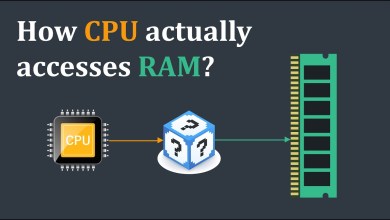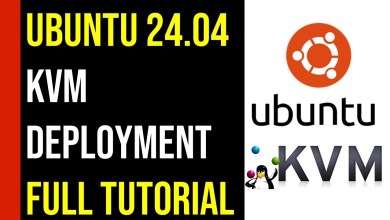2024 CPA ISC Exam- SQL Query-Aggregate Functions-Databases-Darius Clark. i75cpareview.com #cpaexam
In the CPA ISC Exam, you may be tested on your understanding of SQL queries, including the correct use of aggregate functions. This could involve writing SQL queries that correctly use aggregate functions to produce the desired result. These functions are essential in generating summary statistics, such as total sales, average revenue, or the number of transactions. Aggregate functions allow for efficient data analysis and reporting within databases. Other “Must Know” ISC Exam Topics include, Database Fundamentals: Understanding of relational databases, including tables, rows, and columns.
Knowledge of database schemas, primary keys, foreign keys, and normalization. SQL (Structured Query Language):
Writing basic SQL queries to retrieve, insert, update, and delete data. Use of joins, subqueries, and aggregate functions (SUM, COUNT, AVG, etc.). Understanding of indexing and its impact on query performance. Database Management Systems (DBMS):
Understanding the role and functions of a DBMS. Concepts of data integrity, ACID properties (Atomicity, Consistency, Isolation, Durability), and transaction management. Data Modeling:
Knowledge of Entity-Relationship (ER) diagrams, which depict relationships between entities in a database.
Understanding different types of data models, including conceptual, logical, and physical models.
2. Data Warehousing and Big Data:
Data Warehousing:
Concepts of data warehousing, including data extraction, transformation, and loading (ETL).
Understanding star and snowflake schemas.
The role of OLAP (Online Analytical Processing) in data analysis.
Big Data:
Introduction to big data technologies, such as Hadoop and NoSQL databases.
Understanding the challenges of big data, including volume, velocity, variety, and veracity.
The role of data lakes in managing large volumes of unstructured data.
3. IT Controls and Security:
Access Controls:
Understanding authentication, authorization, and accounting (AAA).
Role-based access control (RBAC) and least privilege principles.
Encryption:
Basics of symmetric and asymmetric encryption.
Understanding the role of encryption in data protection.
Network Security:
Firewalls, intrusion detection/prevention systems (IDS/IPS), and VPNs.
Concepts of network segmentation and isolation.
Incident Response:
Understanding the incident response lifecycle, including detection, containment, eradication, recovery, and lessons learned.
4. Governance, Risk, and Compliance (GRC):
IT Governance:
Understanding frameworks like COBIT, ITIL, and ISO/IEC 27001.
The role of governance in aligning IT with business objectives.
Risk Management:
Identifying, assessing, and mitigating IT risks.
Understanding of risk assessment methodologies.
Compliance:
Knowledge of regulatory requirements, such as GDPR, HIPAA, and SOX.
Understanding the role of audits and assessments in maintaining compliance.
5. System Development and Project Management:
System Development Life Cycle (SDLC):
Phases of SDLC: planning, analysis, design, implementation, testing, deployment, and maintenance.
Understanding agile methodologies vs. traditional waterfall approaches.
Cloud Computing and Virtualization:
Cloud Service Models:
Understanding different cloud service models: Infrastructure as a Service (IaaS), Platform as a Service (PaaS), and Software as a Service (SaaS).
Cloud Security:
Knowledge of cloud security challenges, such as data breaches, data loss, and insecure APIs.
Virtualization:
Understanding the basics of virtualization, including hypervisors and virtual machines.
The role of containerization (e.g., Docker) in modern IT environments.
7. Business Continuity and Disaster Recovery:
Business Continuity Planning (BCP):
The process of creating systems of prevention and recovery to deal with potential threats to a company.
Disaster Recovery Planning (DRP):
Understanding the strategies for recovering from IT disruptions, including backup and recovery solutions.
The importance of regular testing and updating of DR plans.
8. Emerging Technologies:
Artificial Intelligence (AI) and Machine Learning (ML):
Basic understanding of AI/ML concepts and their applications in business.
Blockchain:
Understanding the principles of blockchain technology and its potential applications in finance and other industries.
Internet of Things (IoT):
Knowledge of IoT devices, their security challenges, and the implications for data privacy and security.
9. Auditing Information Systems:
IT Audit Processes:
Understanding the IT audit process, including planning, fieldwork, reporting, and follow-up.
Audit Tools and Techniques:
Familiarity with audit tools, such as CAATs (Computer-Assisted Audit Techniques) and data analytics.
Control Objectives:
Knowledge of control objectives for various IT systems and processes.
Get on i75 with Darius Clark
[ad_2]
source




C